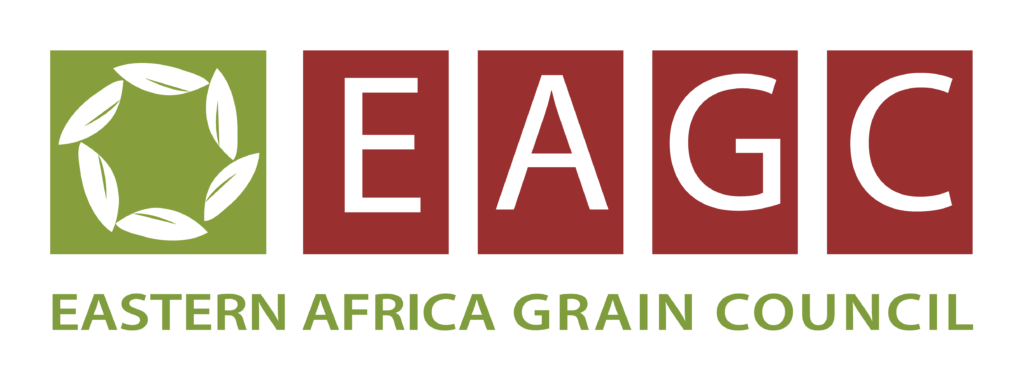The African Union Commission (AUC) through its program, the Partnership for Aflatoxin Control in Africa (PACA) convened the 4th PACA Partnership Platform Meeting (PPM) from 6-7 December 2023, in Nairobi, Kenya, under the theme “A decade of Partnership for Aflatoxin Control – Looking back to define the
future of aflatoxin control in Africa.” The 4th PACA Partnership Platform Meeting marked a significant gathering of global experts and stakeholders. The meeting was attended by 81 participants both physically and virtually.
The meeting’s agenda focused on reflecting the last decade of aflatoxin mitigation through the PACA program, evaluating current strategies, sharing best practices, identifying challenges in aflatoxin management, exchange experiences of piloting in six countries and scaling in additional 12 countries
and identify ways of sustaining the momentum in these countries beyond
PACA’s direct support.
The opening remarks were delivered by the key figures, including Dr. AggreyAgumya, Executive Director of The Forum for Agricultural Research in Africa (FARA); Ms. Jennifer Maurer, Resilience Coordinator, USAID; Ms. Kefilwe Moalosi, Nutrition Project Manager, AUDA-NEPAD; Ms. Lucy Muchoki, CEO of the African Agribusiness and Agroindustry Consortium (PanAAC); and Prof. Afeikhena Jerome, the Special Advisor to the AU Commissioner for Agriculture, Rural Development, Blue Economy and Sustainable Environment (ARBE). The speakers recognized the negative impacts of aflatoxins on health, trade and
food security which hinder Africa’s development efforts, in their remarks, they set a progressive tone for the meeting and called for holistic approaches in addressing aflatoxins, the most pervasive food safety challenge in Africa. The official opening was done by Dr. Collins Marangu, Director Crop Development
and Food Safety at the Ministry of Agriculture and Livestock Development, on behalf of Hon. Mithika Linturi, Cabinet Secretary of Agriculture and Livestock Development, representing the Kenyan Government, who underscored Kenya’s commitment to agricultural development and aflatoxin control.
The meeting was divided into a number of Technical sessions as follows: 1) Setting the Scene, 2) Evidence generation and scaling up Aflatoxin Control in AU MS, 3) 4) Food Safety for Food Systems Transformation, 5) Sustaining the Momentum on Aflatoxin Control in AU MS, 6) Harmonized efforts for aflatoxin control – best practice, lessons and emerging issues to consider in the next decade. The sessions included a mix of presentations, panel discussions and breakout group discussion. Participants engaged in robust discussions about the latest research, technological advancements, and the effectiveness of existing policies, setting the stage for collaborative solutions. Central to the meeting was the emphasis on multi-sectoral collaboration. Representatives from government, academia, international organizations, and local communities highlighted the importance of integrated approaches. Discussions underscored the need for harmonizing policies across nations, enhancing capacity building at local levels, and leveraging technological innovations. These collaborative efforts aimed at ensuring food safety and protecting public health from the detrimental effects of aflatoxins.
The meeting concluded with a strong commitment to actionable steps and the establishment of a roadmap for future initiatives. Key resolutions included the development of region-specific strategies, fostering partnerships for research and development, enhancing public awareness campaigns,
harmonization of standards across Africa, Research on economical alternative use of contaminated grains and implementation of gender sensitive approach in aflatoxin control. This meeting set a precedent for ongoing and future efforts, embodying a collective resolve to mitigate aflatoxin impact and ensure a healthier, more secure food supply in Africa.

